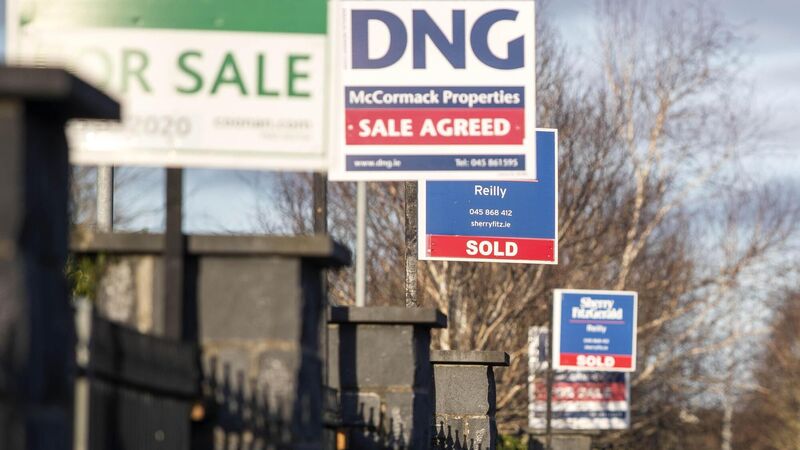Mortgage repayments are rising but first-time buyers remain determined to escape the rental market

Since July last year, the European Central Bank (ECB) has raised interest rates 4% from record lows with more increases expected to come down the line.
Despite rising interest rates and home prices that now sit above the Celtic Tiger peak, first-time buyers are still flocking to buy at increased rates as they struggle with high rents and uncertainty of tenure.
Figures this week from the Banking and Payments Federation of Ireland (BPFI) show that while the number of mortgage approvals has dropped when compared to last year, the volume of first-time buyers getting approval has increased and is propping up the market after a collapse in switching activity.











